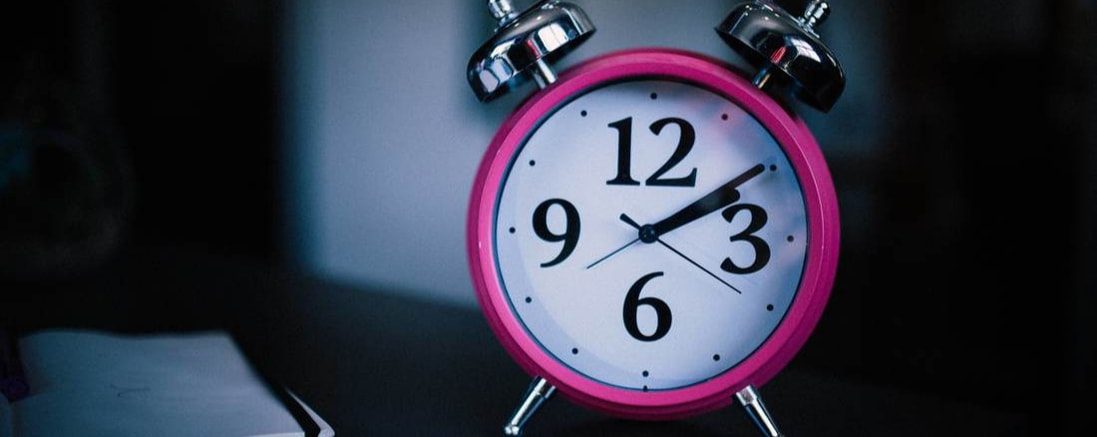
Jane, a student in one of my MBSR courses was keen to test out whether a mindfulness practice could enhance her wellbeing. In the first few weeks of the course, she practised diligently. She was delighted as she noticed herself becoming more mindful in many areas of her daily life. As her levels of mindfulness increased, so did her enhanced sense of psychological wellbeing.
As the eight-week course drew to end Jane said, " I feel very different now. I feel more alive, am kinder to myself and worry so much ...
It's hard as a teacher because I can see that frequency and length of practice make a difference…but until recently there has been no easy way to prove it.
I've often said something a bit vague like, "Well, the research has been done on MBSR, and MBSR recommends 30-60min of practice a day every day….and I’m not really sure how many people do that much, but the evidence shows the results are good”.
Most research studies cannot agree on a definitive answer. Some say frequency and length of practice impacts on wellbeing and others do not agree. It turns out that there is a problem with how the studies measure meditation practice. Many ask participants to estimate how much meditation they do over a few weeks or months. This way of measuring practice is not useful.
The new research
In 2017, a better-crafted study was done and came up with some new answers. This study looked at 117 students in an adapted MBSR class and got them to make daily records of their meditation practice rather than weekly or monthly estimates.
It asked them to record three things. Did you practice? How long did you practice for and how clearly did you stick to the practice guidelines?
It then asked them to rate 3 things. How mindful have you been during the day? How stressed do you think you have been and the level of your positive and negative emotions.
What did the research discover?
The research found that MBSR course participants who practised meditation for longer periods reported both being more mindful and having significantly less low mood than those who practised for shorter periods. By the way, the average participant practised 29 minutes a day.
Participants also felt more mindful and felt better on days when they actually practised meditation.
As an MBSR teacher I can confidently say to group members that they are likely to have a more positive mood with daily practice and longer meditations.
Why don't you try this experiment out on yourself? Keep a mood journal. Practice meditation daily for a few weeks for at least 30 minutes and record your mood. Then contrast your mood with those periods of shorter or less frequent practice. Alternatively, book into a HeadRest MBSR course and let us guide you in developing a daily mindfulness practice.
How to book a HeadRest MBSR course and develop a daily mindfulness meditation practice.
HeadRest run MBSR courses in Marrickville in Sydney's inner-west, as well as in-school and workplace-based mindfulness courses. Come, join us and we will support you in developing a mindfulness meditation practice - to reduce stress and increase well-being. Come and do your own personal research - see what you can learn about your own mind and body in an 8-week MBSR course. Our next course begins Aug 8, 2018 and the early bird ends soon July 11.


 RSS Feed
RSS Feed
